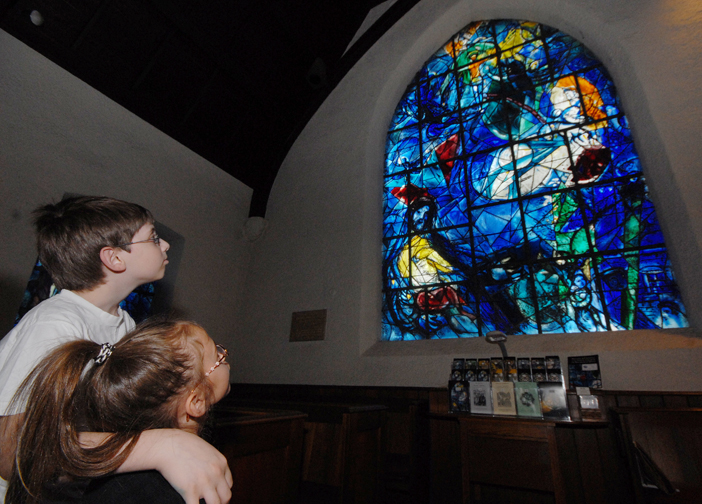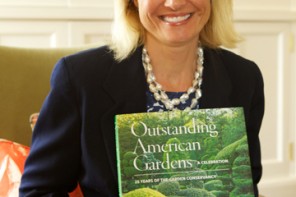What is compassion and how does it differ from kindness and love?
Answering these questions is a Herculean (Her-cue-LEE an) challenge, I tell the priest.
Her-CUE-lian, he corrects me.
Sigh. Clearly, this is going to be harder than I thought.
I have begun my quest for the meaning of compassion in a place where many seek it — St. Patrick’s Cathedral in Manhattan.
Go in, go in, a disheveled man says, shooing me toward the confessional. I take him to be a kind of angel or bodhisattva with a message from the divine. And so I enter, which has been my intent all along.
Inside, the priest listens to my litany of complaints, telling me that I’ve done a better job confessing the sins of others than I have admitting my own. I have better success test-driving my theories on compassion.
Compassion is the most profound kind of love, because it seeks nothing in return unlike, say, romantic love. It is broader than mercy, a balm for transgressors. And deeper than pity, which carries a whiff of superiority; sympathy, which requires only thoughts and words (hence the sympathy card); or kindness, which can be nothing more than an elaborate form of politesse, as when you open the door for someone who’s struggling to get through it.
Yes, the priest replies. The highest form of compassion, I press on, is toward those we have nothing in common with and may even have had animosity toward. As in the parable of the Good Samaritan, who is moved by the man set upon by thieves. The Jewish priest and the Levite pass their brethren by. But the Samaritan binds the man’s wounds, takes him to the inn on the back of his own beast and pays the innkeeper for his care.
And he’s not even a Jew, the priest says of the Samaritan. But you realize as a writer, he adds, that these are just words. (And indeed they are, for when I pass by several homeless people on my way from St. Patrick’s to Grand Central, I do not pause to put money in their cups.)
Who is the Good Samaritan? the priest asks me. It is Jesus, and it’s only through his intercession, through the grace of God, that we find the transcendence necessary for compassion.
The priest wants me to recommit to my Roman Catholic faith — another Her-CUE-lian effort that sounds like it’s going to cut way into valuable me time. Errrrrrrrr.
But what of those of other faiths or no faith at all? How do we all become people of compassion?
I’m still stuck on the story of the Good Samaritan and turn to another source — the Marc Chagall window of the Good Samaritan at the back of the Union Church of Pocantico Hills. It was commissioned by the Rockefeller family (the so-called Brothers Generation) to honor the philanthropic memory of their father, John D. Jr., just as the abstract rose window above the altar by Henri Matisse honors the artistic memory of their mother, Abby.
One of nine Chagall windows in the church, all Rockefeller commissions, “The Good Samaritan” unfolds the parable clockwise in jewel tones, particularly shards of blue, which Chagall called the color of love. The story begins and ends with an image of Jesus. Even the persnickety priest I encountered would be pleased.
But at the 1967 dedication of his other windows — “The Good Samaritan” having been dedicated two years earlier — the spiritual yet nonreligious Chagall told a reporter that the windows “… must be felt with the heart. Otherwise it’s no good. They are here for people who are religious and some people who are not so religious, but they must be felt with the heart.”
And so it is with compassion. It may begin in the imagination. We put ourselves in another man’s shoes. But most often it’s an instinct, like courage. We’re moved by that man set upon by thieves. We may even weep. Yet that’s not enough.
As Steven Rockefeller wrote, The Good Samaritan window “reminds us that contemplation is preparation for love in action.” That’s real compassion.
The next time I go to St. Patrick’s, I’ll put a few spare bills in my pocket for the men and women “set upon by thieves” whom I encounter along the way.







